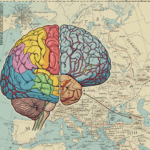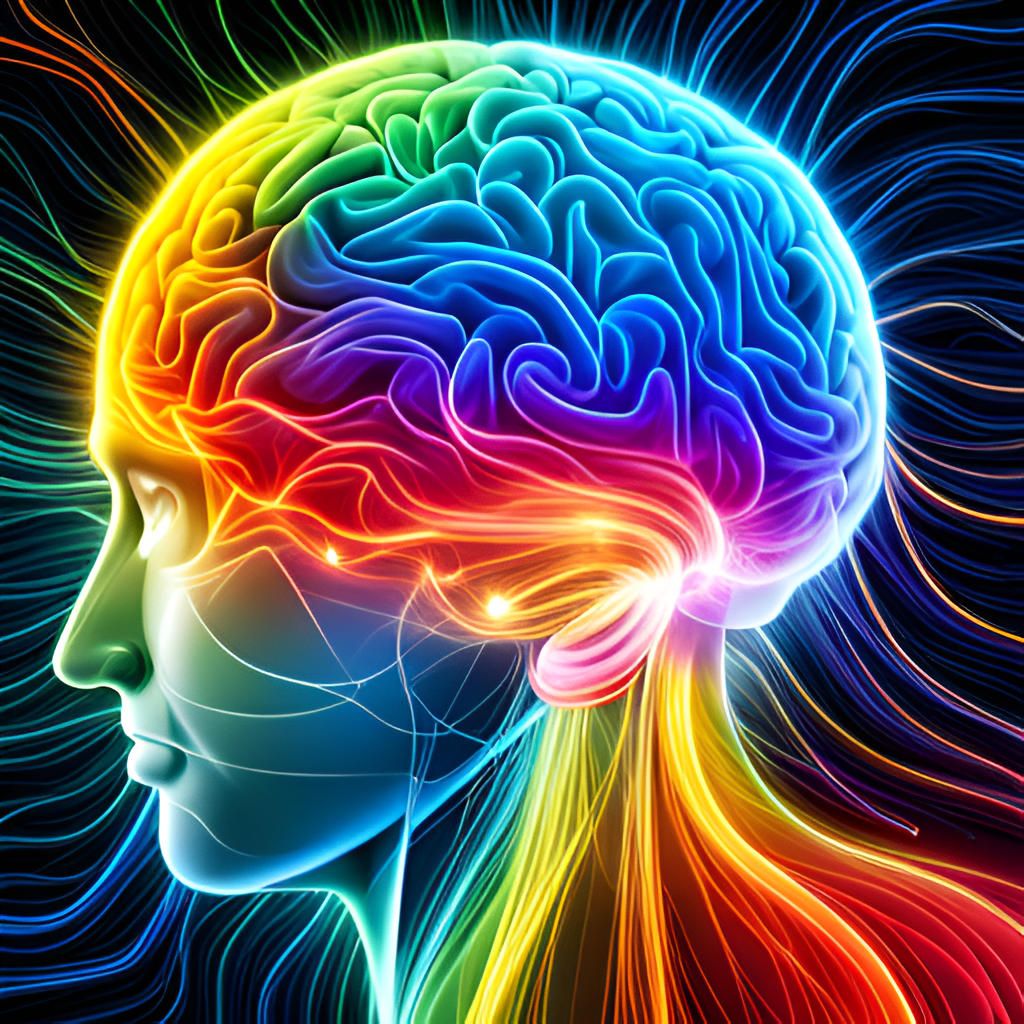The Ethics of Neurotransmitter Manipulation
The use of neurotransmitter manipulation for therapeutic purposes raises important ethical considerations. On one hand, these interventions have the potential to greatly improve the lives of individuals struggling with mental health disorders. By targeting specific neurotransmitter systems, healthcare professionals can help restore balance and alleviate symptoms such as anxiety and depression. However, there is also the potential for abuse, particularly in cases where individuals seek to enhance their cognitive or emotional abilities beyond what is considered normal or healthy.
One of the key ethical concerns surrounding neurotransmitter manipulation is the issue of informed consent. Patients must be fully informed about the risks and benefits of these interventions, as well as any potential side effects. Additionally, there is a need for transparency around who has access to these treatments and under what circumstances they may be prescribed. There is also whether these interventions should be available to everyone or only to those who meet certain criteria, such as a diagnosis of a mental health disorder. These are complex issues that require careful consideration and ongoing dialogue between healthcare professionals, policymakers, and society as a whole.
Neurotransmitters and Addiction
Addiction is a complex disorder that involves changes in the brain’s reward system. Neurotransmitters, particularly dopamine, play a key role in this process. When we engage in pleasurable activities, such as using drugs or gambling, dopamine is released in the brain, reinforcing the behavior and making it more likely to be repeated. Over time, this can lead to addiction, as the brain becomes dependent on the release of dopamine.
However, new treatments for substance abuse disorders are being developed that target specific neurotransmitter systems. For example, medications that block the effects of dopamine or increase the levels of other neurotransmitters, such as serotonin or GABA, have shown promise in reducing drug cravings and preventing relapse. By understanding the relationship between neurotransmitters and addiction, we can develop more effective treatments to help those struggling with substance abuse disorders.
Neurotransmitters and Aging
As we age, our brains undergo natural changes that can affect cognitive function. One important factor in this process is the decline of certain neurotransmitters, such as dopamine and acetylcholine, which play key roles in learning, memory, and attention.
However, recent research has shown that there may be potential for new treatments that target these neurotransmitter systems to help slow or even reverse age-related cognitive decline. For example, studies have suggested that exercise and certain dietary interventions may help boost levels of acetylcholine and other neurotransmitters, improving cognitive function in older adults.








